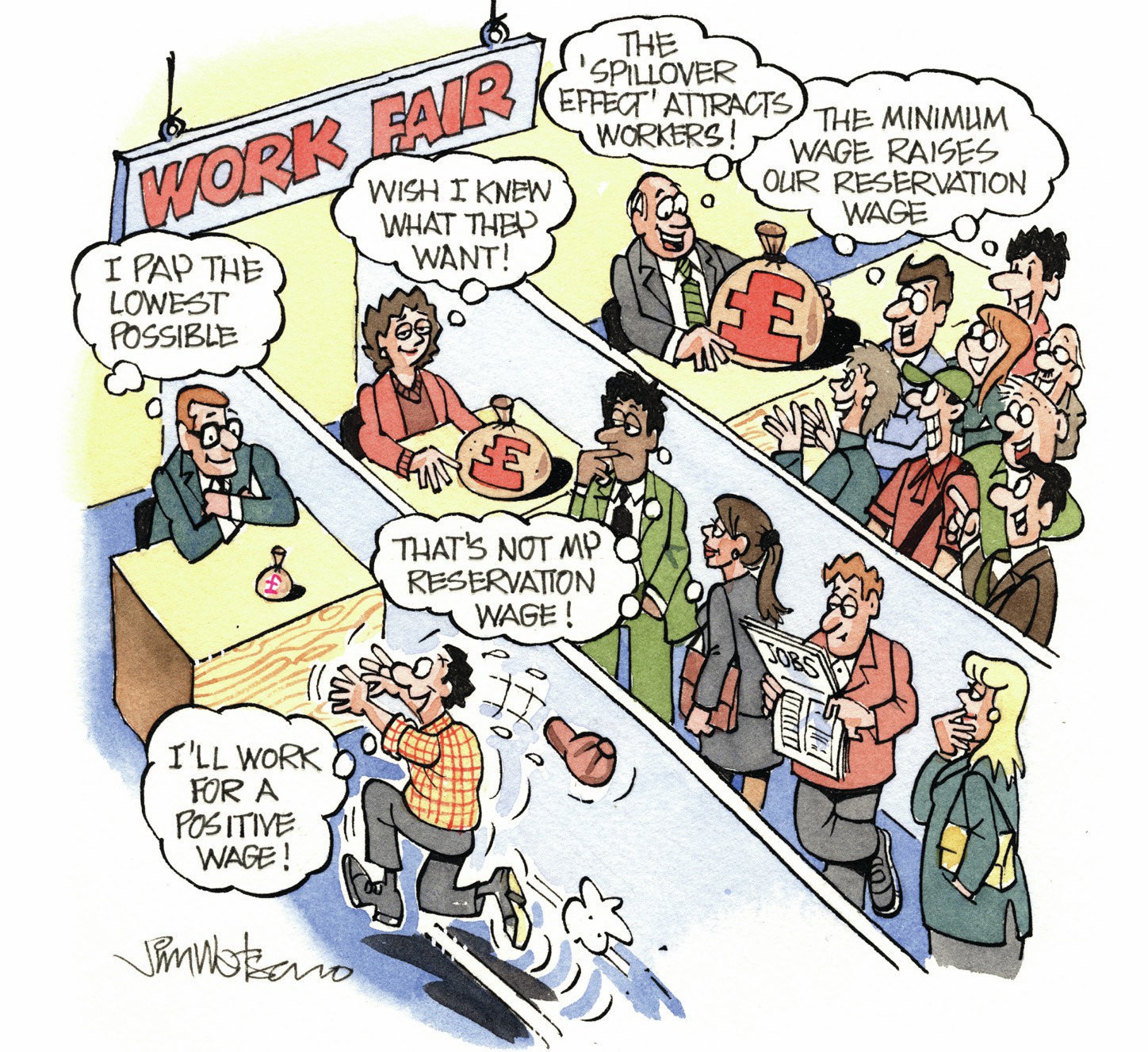
When you probably imagine particle physicists working in the Large Hadron Collider at CERN in Geneva or a biologist clad in white, handling pipettes and Petri dishes. Nowadays, it is becoming common for economists to run experiments too, even if sometimes the only equipment needed is a pen and paper, and a white coat is surely not the most common outfit around economics departments. you think about experiments,
Economists use different types of experiments to test theories and provide insights about economic behaviour. First of all, there are laboratory experiments: people are recruited to attend one or more sessions where they are provided with instructions, they make some choices and receive compensation, which usually depends on the outcome of the experiment. The term ‘laboratory’ usually indicates a room containing computer terminals but recently, some experiments have been run in virtual worlds like Second Life. The advantage of this type of setting is the high degree of control that the scientist has over experimental conditions. The main concern is about external validity: is what we learn in laboratories also going to apply to real-life situations?
Your organisation does not have access to this article.
Sign up today to give your students the edge they need to achieve their best grades with subject expertise
Subscribe




